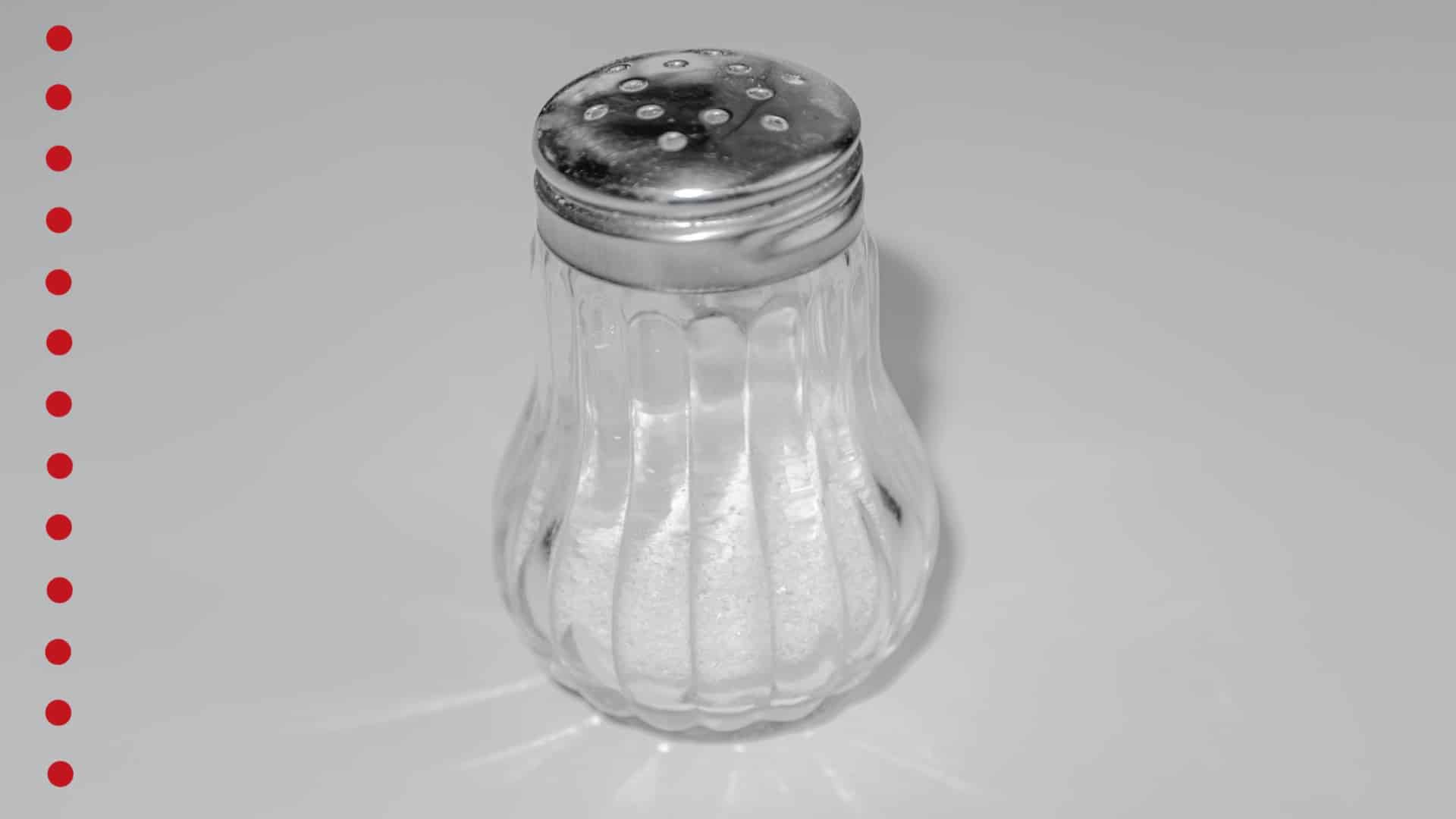-

Molybdenum
Molybdenum is an essential trace mineral that occurs naturally in foods and is available in supplements. It is a component of four different enzymes in the body that help break down proteins, alcohol, drugs, and toxins.
Read More -

-

-

-

-

-

-

Fluoride Deficiency
Fluoride deficiency is rare, since most people get adequate amounts from food and fluoridated tap water. A fluoride deficiency can lead to dental caries (tooth decay) and potentially bone problems. Most public water supplies have added fluoride, which helps meet the requirements of fluoride in the body for dental health.
Read More -

Potassium Deficiency
Despite its importance, many adults don’t get their recommended daily amount of potassium. This is often attributed to diets high in processed foods.
Read More -

Copper Deficiency
Copper deficiency is rare among healthy people and occurs primarily in people with genetic disorders or malabsorption problems such as Crohn’s and celiac disease. A genetic condition called Menkes disease interferes with copper absorption, leading to severe deficiency that could become fatal without copper injections.
Read More -

Sodium Deficiency
Hyponatremia, or low sodium levels, is when the concentration of sodium in your blood is abnormally low. An average blood sodium level is between 135 and 145 milliequivalents per liter (mEq/L).
Read More -

Iron Deficiency
Iron deficiency affects up to 5 million Americans each year, making it the most common nutritional deficiency worldwide. An iron deficiency is seen most commonly in children, women who are menstruating or pregnant, and those eating a diet lacking in iron.
Read More -

Molybdenum Deficiency
A molybdenum deficiency is extremely rare. It happens primarily in people with a very rare genetic disorder called molybdenum cofactor deficiency.
Read More -

Vitamin D Deficiency
Vitamin D deficiency is a public health crisis, with over one billion people worldwide falling short of their daily requirements. Maintaining adequate levels of vitamin D can be challenging for any busy adult.
Read More -

Vitamin A Deficiency
Vitamin A deficiency is an easily-preventable yet common health concern. Its most common symptom is an eye-condition called xerophthalmia, which is the inability to see in low light (or night blindness), and it can cause permanent blindness if it isn’t treated.
Read More -

Magnesium Deficiency
Although magnesium is naturally found in a wide variety of foods, many dietary surveys show that it is eaten in less than recommended amounts. However, these deficiency levels are marginal and not likely to produce symptoms. The body also helps to preserve magnesium levels when stores are low by limiting the amount excreted in urine and absorbing more magnesium in the gut.
Read More -

Manganese Deficiency
A deficiency of manganese is very rare, and there are no specific groups of people known to be at risk for developing a deficiency.
Read More -

Zinc Deficiency
Zinc deficiency is rare and usually affects people who can’t absorb the nutrient because of digestive issues. People with liver and kidney disease are also at risk.
Read More -

Calcium Deficiency
After about age 30, bones start losing calcium which reduces bone strength and leads to osteoporosis, which is characterized by fragile bones. Calcium deficiency can also cause rickets in children and other bone disorders in adults, although these disorders are more commonly caused by vitamin D deficiency.
Read More -

Chromium Deficiency
Although the body only absorbs 5% or less of chromium in the gut, chromium deficiency is rare. The risk of chromium deficiency may increase with pregnancy and lactation, strenuous exercise, and physical stress from infections or trauma.
Read More
DISCOVER FILTERS
-
Abnormal heart rate
-
Aggressive behavior
-
Anemia
-
Bleeding gums
-
Blood in stool
-
Blood in urine
-
Bloody nose
-
Bone deformities
-
Bone fractures
-
Bone weakness
-
Bright red tongue
-
Brittle nails
-
Bruising
-
Burning of feet
-
Burning of hands
-
Canker sores
-
Cardiovascular issues
-
Cataracts
-
Cavities
-
Changes in color of fingernails
-
Changes in color of hair
-
Changes in color of skin
-
Chronic inflammation
-
Coma
-
Confusion
-
Constipation
-
Cracked lips
-
Cracks at the corners of mouth
-
Delayed development in infants
-
Dental abnormalities
-
Depression
-
Diarrhea
-
Difficulty concentrating
-
Dry skin
-
Enlarged heart
-
Excess blood
-
Extremely sensitive hearing in infants
-
Fatigue
-
Frequent infections
-
Glossitis
-
Goiter
-
Gum inflammation
-
Hair depigmentation
-
Hair loss
-
Hallucinations
-
Headaches
-
Heart palpitations
-
Heartburn
-
Hemolytic anemia
-
High cholesterol
-
Hyperemia
-
Increased infections
-
Infertility
-
Irregular heart rate
-
Irregular patches on the white of eyes
-
Irritability
-
Itchy eyes
-
Itchy rash
-
Itchy skin
-
Joint pain
-
Lethargy
-
Lightened patches of skin
-
Lightheadedness
-
Loosening of teeth
-
Loss of appetite
-
Loss of balance
-
Loss of concentration
-
Loss of coordination
-
Loss of hair color
-
Loss of sensation
-
Loss of smell
-
Loss of taste
-
Megaloblastic anemia
-
Memory loss
-
Mood changes
-
Mood swings
-
Mouth lesions
-
Muscle cramps
-
Muscle paralysis
-
Muscle weakness
-
Nausea
-
Neck lump
-
Nerve damage
-
Night blindness
-
Numbness
-
Numbness in fingers
-
Open sores in mouth
-
Open sores on tongue
-
Osteoporosis
-
Other skin conditions
-
Pale skin
-
Paranoid behavior
-
Pernicious anemia
-
Personality changes
-
Poor appetite
-
Poor reflexes
-
Premenstrual pain
-
Rapid heartbeat
-
Red eyes
-
Reduced response to blood sugar (glucose)
-
Reduced sensation in feet
-
Reduced sensation in hands
-
Reproductive problems
-
Respiratory tract infections
-
Restlessness
-
Rickets
-
Rough skin that turns red or brown in the sun
-
Scaly skin
-
Scaly skin on lips
-
Scaly skin rashes around eyes
-
Scaly skin rashes around mouth
-
Scaly skin rashes around nose
-
Seizures
-
Seizures and subsequent death in infants
-
Seizures in infants
-
Sensitivity to cold
-
Shortness of breath
-
Skin disorders
-
Skin rash
-
Sleeping problems
-
Slow growth
-
Slow growth in children
-
Slow wound healing
-
Sluggishness in infants
-
Sore throat
-
Soreness of mouth
-
Soreness of tongue
-
Split hair
-
Stomach pain
-
Suicidal behavior
-
Swelling of mouth
-
Swelling of throat
-
Swollen tongue
-
Teeth loss
-
Thinning hair
-
Tingling
-
Tingling in fingers
-
Tingling in hands
-
Tingling in legs
-
Tingling in skin
-
Tooth damage
-
Tooth decay
-
Tooth loss
-
Ulcers on the cornea of eyes
-
Vomiting
-
Weak immune system
-
Weak muscle tone in infants
-
Weakness
-
Weight gain
-
Weight loss